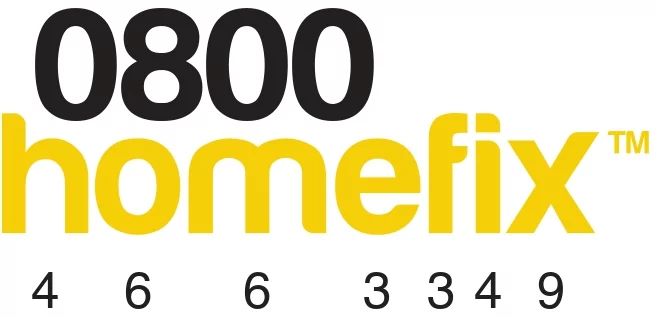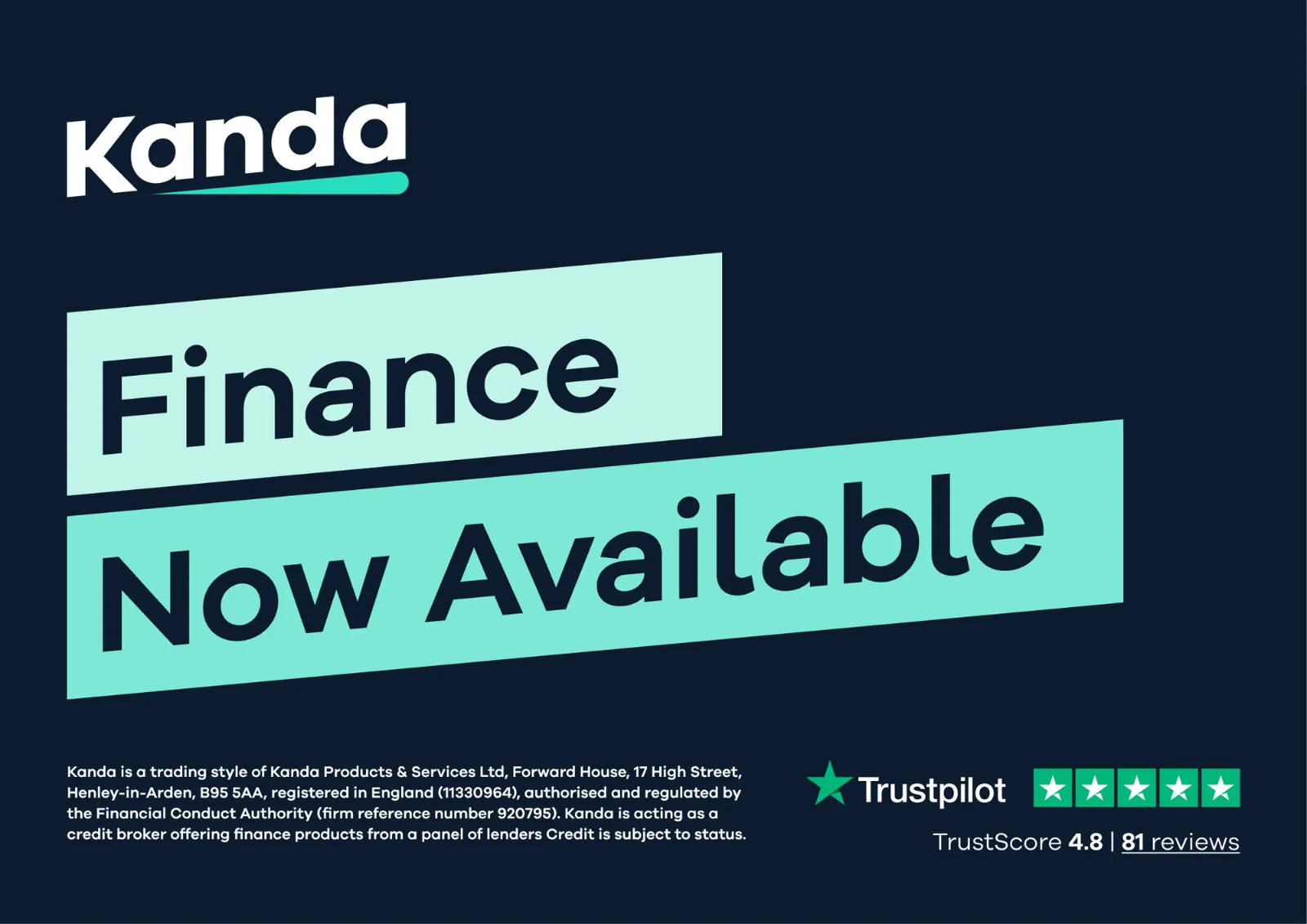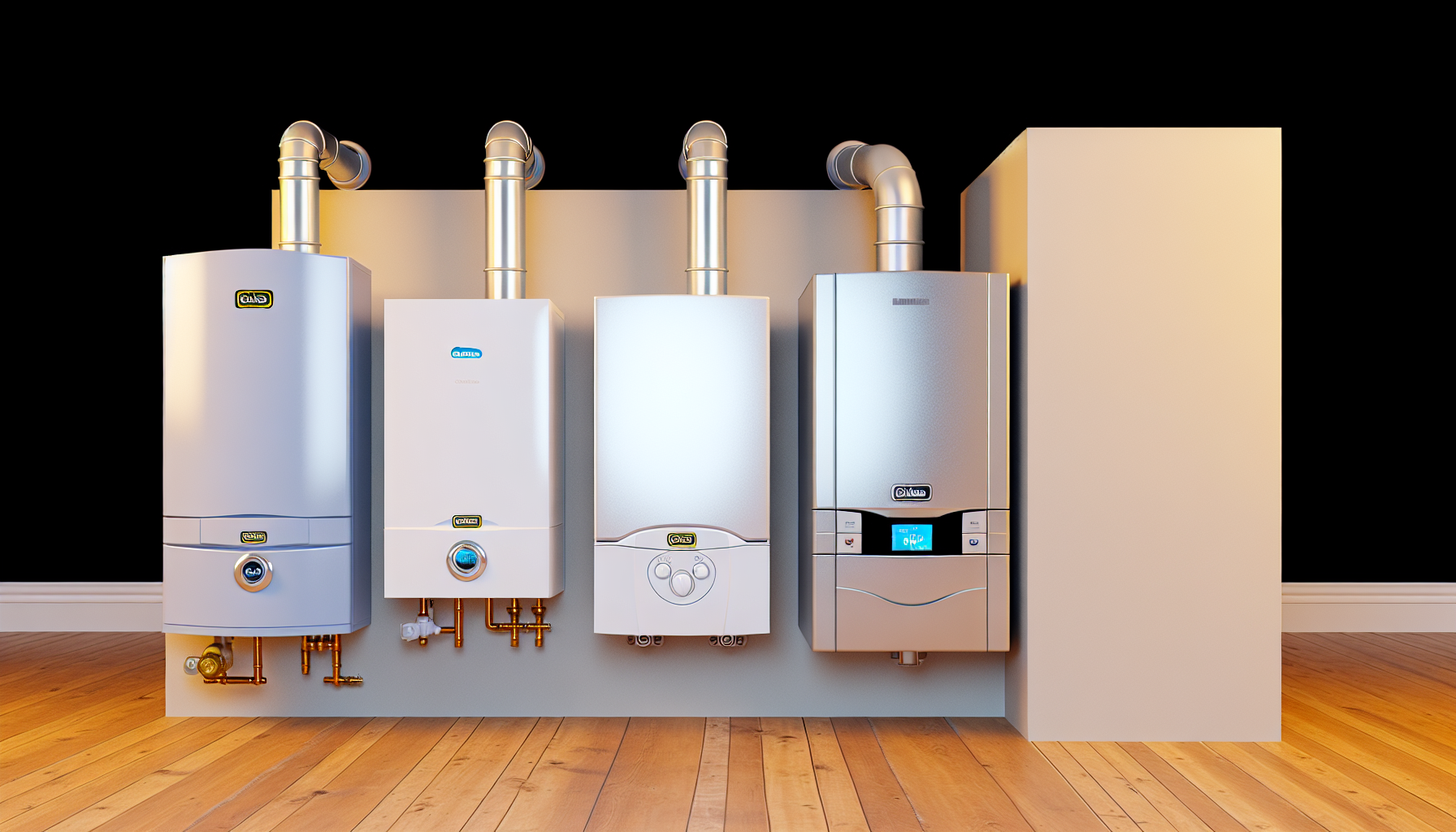Upgrading your boiler shouldn’t be a financial burden. That’s why exploring finance options for boilers is essential. You need a solution that fits your budget without the full cost upfront. We have detailed an array of options to make your purchase manageable. From pay monthly plans to interest-free and no deposit options, this article walks you through the smartest ways to finance your new boiler. Without spoiling the in-depth analysis to come, expect to gain insights into manageable financial solutions that keep you warm without the immediate financial chill.
Key Takeaways
-
Boiler finance options, up to 10 years long, reduce the initial financial burden by eliminating or lowering upfront costs, and you might snag 0% APR on short-term deals.
-
Interest-free boiler finance lets you spread the cost without extra fees for up to 48 months, with optional deposits to lower monthly payments (subject to credit approval).
-
Comparing boiler finance plans is key: look for FCA-regulated providers, consider additional benefits like service packages, and factor in your credit score’s impact on the deal.
Understanding Boiler Finance Options
Boiler finance, also known as boiler on finance, is essentially a loan that covers the cost of a new boiler and its installation. Here’s the exciting part: the repayment terms can extend up to 10 years, and a deposit is not always required. This way, you can enjoy the benefits of a new boiler – a warmer home and reduced heating bills – without a hefty upfront payment. With boiler finance deals available, it’s easier than ever to upgrade your heating system and explore boilers on finance options.
So, what does a typical boiler finance deal look like? Well, imagine you’re opting for a pay monthly boiler scheme. Once approved, the lender covers the upfront costs, which you then repay over an agreed term. The variety of boiler finance options available includes low or no initial costs and pay monthly schemes that may even offer 0% APR for shorter terms.
A gas boiler, a combi boiler, or even an A-rated combi boiler – whatever type of boiler you need, there’s likely a boiler finance plan out there for you. And if you’ve got an old boiler that’s been causing problems, you can get it replaced without worrying about the initial costs.
While the flexibility and immediacy of boiler finance are appealing, ensure the monthly repayments can be comfortably managed within your budget. After all, the goal here is to alleviate financial stress, not add to it!
Interest-Free Boiler Finance Explained
Let’s delve deeper into a popular boiler finance option – the interest-free boiler finance, which is a type of interest free finance. This plan allows homeowners to:
-
Spread the cost of a new boiler into manageable monthly payments without incurring additional interest
-
Have terms potentially extending up to 48 months
-
Settle the cost of your new boiler in manageable chunks without any additional charges.
An example of this could be a boiler finance deal with a 0% APR for a term ranging between 12 to 48 months. In this case, the total amount you pay is equal to the boiler’s actual cost, no more, no less.
What about deposits, you ask? Good news – a deposit is optional for interest-free boiler finance. If you choose to pay a deposit, it could reduce your monthly repayments. Plus, you have the option to make overpayments at any time without penalty, giving you greater control over the finance terms.
Bear in mind, approval isn’t guaranteed for interest-free boiler finance. It depends on lender-specific approval processes, which typically involve a credit check and financial situation assessment.
Pay Monthly Boiler Plans: Pros and Cons
Pay monthly boiler plans are another popular option, offering homeowners the choice of various contract lengths, allowing flexibility in financial planning. This flexibility can be particularly appealing if your financial situation is likely to change in the near future. With pay monthly boiler schemes, you can find the perfect plan to suit your needs.
However, this option isn’t without its drawbacks. The interest rates on pay monthly boiler plans can significantly increase the total cost over the lifespan of the agreement, particularly affecting customers with poor credit histories. There are also potential drawbacks such as the risk of rising payments due to inflation, liabilities if the home is sold, and potential early repayment charges.
Eligibility Requirements for Boiler Finance
Before you start dreaming about a brand new boiler, make sure to confirm your eligibility for boiler finance. The basic requirements are that you must be over 18 years of age and a UK resident for at least the past 3 years.
Income also comes into play. Whether you’re employed, self-employed, retired, a homemaker, or even if you’re receiving a disability allowance, you must have a verifiable gross income of at least £10,000 per year.
Also, expect your credit rating to be assessed during the boiler finance application process. A poor rating may not necessarily preclude financing but could affect the terms offered, such as higher interest rates or the need for a deposit.
Financing Options for Different Boiler Types
Whether you’re in need of a combi, regular, or system boiler, there are finance options available for all types from various manufacturers like Ideal Boilers and Worcester Bosch. This means you have the freedom to choose the right boiler for your home and still benefit from a flexible finance plan.
Even oil boilers can be financed in the UK with options like 0% interest, and terms may include a 0% deposit and spread costs over up to 12 years. For instance, you could pay a minimum 20% deposit on a £2,500.00 boiler, with monthly payments of £78.12 over 24 months at 0% APR, totaling the cash price.
Combi boilers, for their part, are available on finance with interest-free options for 1 to 2 years, longer-term interest-bearing finance, or poor credit finance options with higher rates.
Regardless of the type of boiler—combi, system, or regular—the financing costs remain consistent across the options. So, you can focus on choosing the best boiler for your needs without worrying about different financing costs.
Applying for Boiler Finance: Step-by-Step Guide
Having decided on boiler finance, you might be wondering about the next steps. The application process is relatively straightforward, but you’ll need to provide some documentation. This includes valid identification and a recent utility bill.
Applying for boiler finance can be done conveniently online or through a free video call consultation, where an instant decision may be provided. This means you could start the process from the comfort of your own home and potentially have an answer the same day.
Once the application is approved, the finance plan can be adjusted in terms of the deposit and agreement terms to suit your budget, with the cost covering both the new boiler and its Gas Safe installation.
No Deposit Boiler Finance Plans
For those unable to make a deposit, no deposit boiler finance plans can be a real boon. These interest free credit plans allow customers to pay nothing upfront and start making small manageable repayments according to their agreement.
One such plan could involve no deposit with repayment plans ranging from 36 months to 120 months, typically at an APR of 12.9%. This relief from initial expenses can be a huge relief for many homeowners.
Buy Now, Pay Later Boiler Deals: What to Consider
Buy now, pay later boiler deals are yet another option that offers repayment flexibility. With these deals, you can defer full payment for 12 months or make monthly payments over 3, 5, or 10-year periods. No deposit is required for some buy now, pay later deals, and you can pay off your debt earlier than the agreed term without any penalty charges. However, if the finance is not settled within the interest-free period, you will face monthly repayments at a representative APR, potentially increasing the total amount repayable.
It’s worth noting that customers with bad credit can access buy now, pay later deals, but they may encounter limited options and higher APR rates.
Comparing Boiler Finance Providers: Tips and Tricks
Having chosen the type of finance plan you want, you might be wondering about how to select a provider. Here are some tips to guide you through this process.
Start by reading customer reviews and confirming the finance provider’s regulatory status, ensuring they are regulated by the Financial Conduct Authority (FCA) for customer protection and service reliability.
Finance deals often include additional benefits, such as servicing packages, and may offer flexible payment terms allowing for overpayments or early settlement without penalties. These should be considered when comparing finance options.
Remember, your credit score influences the terms of finance agreements, possibly affecting interest rates and monthly costs. Finance providers often run credit checks, with some providing solutions for various credit ratings.
Energy Efficiency and Boiler Financing: Making a Smart Investment
In financing a boiler, consider not only the cost but also the energy efficiency of the machine. Investing in an A-rated energy-efficient boiler can lead to annual energy bill savings that may exceed the monthly payment installments, allowing the boiler to pay for itself over time.
New boilers offer several benefits, including:
-
Increased energy efficiency
-
Reduced waste
-
Customized to specific household needs
-
Minimized carbon footprint
When considering boiler financing, it is critical to factor in the energy efficiency of the boiler. Choosing a highly efficient model can result in significant long-term savings on energy costs.
Additional Costs to Consider When Financing a Boiler
While a new boiler is an exciting prospect, remember to account for any additional costs that may arise with boiler financing. These include the costs for removal of old boilers, which can range from £700 to £1,000.
Other potential costs can include the installation of a smart thermostat, typically costing between £99 and £280, and the installation of a magnetic boiler filter, which ranges from £165 to £300 for the unit and professional installation. These should be factored into your overall budget when considering boiler finance.
Maintaining Your Boiler after Financing: Tips for Longevity
After your new boiler is installed and operational, proper maintenance is crucial for sustaining its longevity and ensuring the warranty remains valid. Regular maintenance and servicing are paramount, with professional annual inspections recommended, especially for boiler installations. Having a boiler installed by a reputable company ensures that you receive quality service and support throughout the life of your appliance.
This can include techniques such as:
-
Installing magnetic filters, which can be maintained by homeowners
-
Undertaking power flushing, significantly contributing to a boiler’s longevity
-
Ensuring boiler components, such as pressure gauges, function correctly
-
Insulating pipes for weather conditions
These measures are crucial to maintaining a boiler’s lifespan.
Government Schemes for Free Boilers
The Government’s ECO4 scheme, supported by the Energy Saving Trust, can be a lifeline for those experiencing financial hardship. This scheme allows qualifying individuals to receive a free replacement for old and inefficient boilers.
Eligibility for the ECO4 scheme is determined by income thresholds, with a typical income cap of £31,000 or less. Pensioners with a household income below this threshold or those receiving certain pension credits may also be eligible for boiler grants under this scheme.
Summary
In conclusion, boiler finance offers a practical solution for homeowners needing a new boiler but unable to afford the upfront cost. With various options available, from interest-free finance to pay monthly plans, there’s likely a solution to suit every budget. When choosing a finance plan, consider not just the cost but also the energy efficiency of the boiler, as this can result in significant long-term savings. And remember to maintain your boiler properly once it’s installed, to ensure its longevity and warranty validity.







